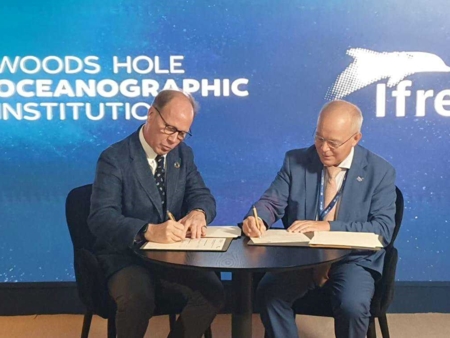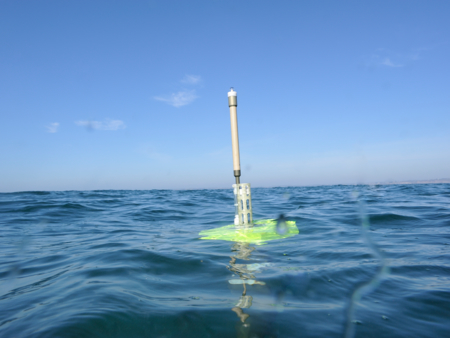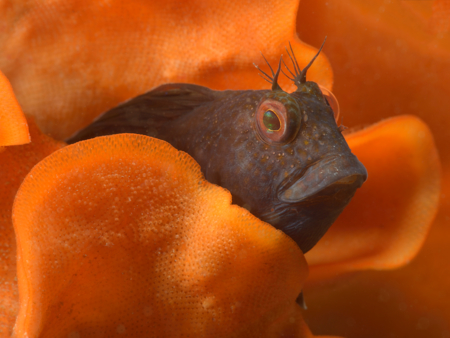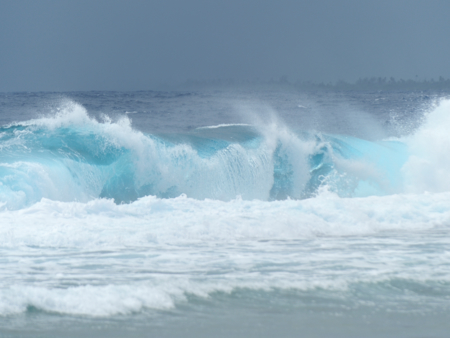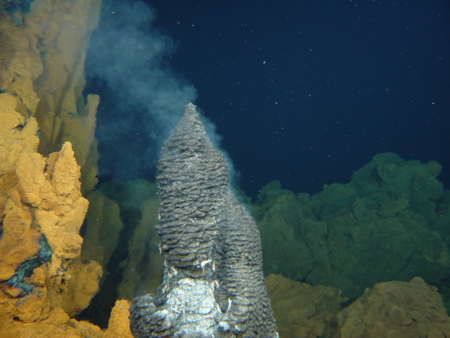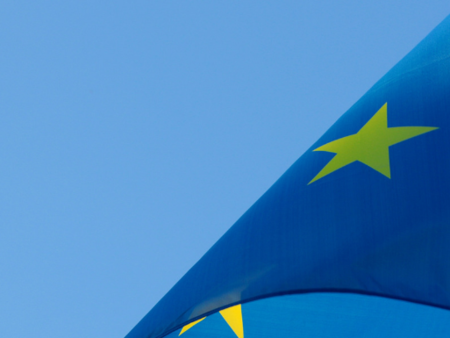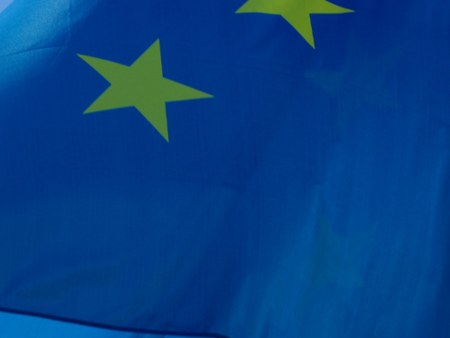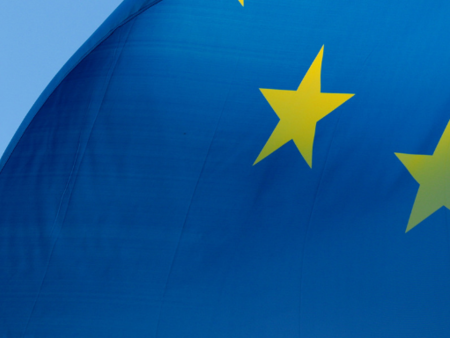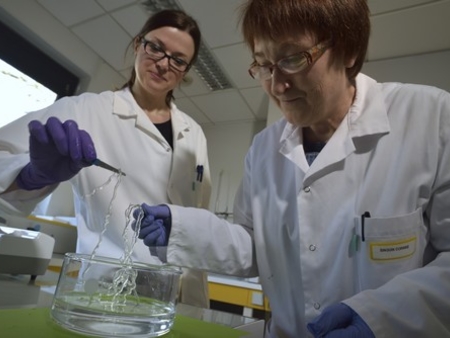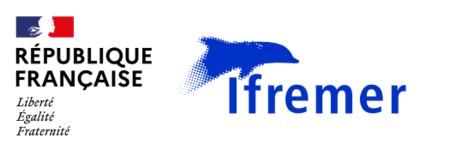
French national institute for ocean science and technology
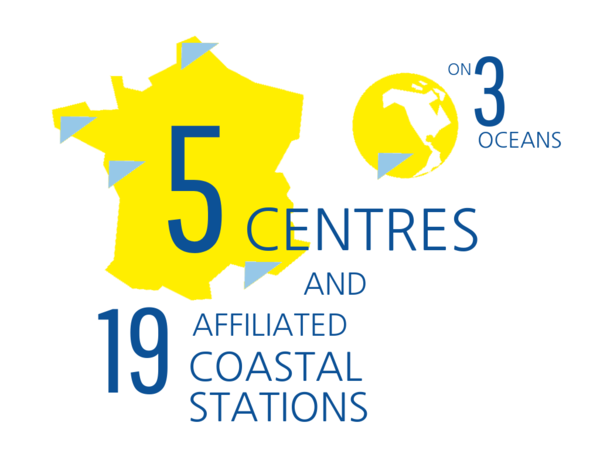
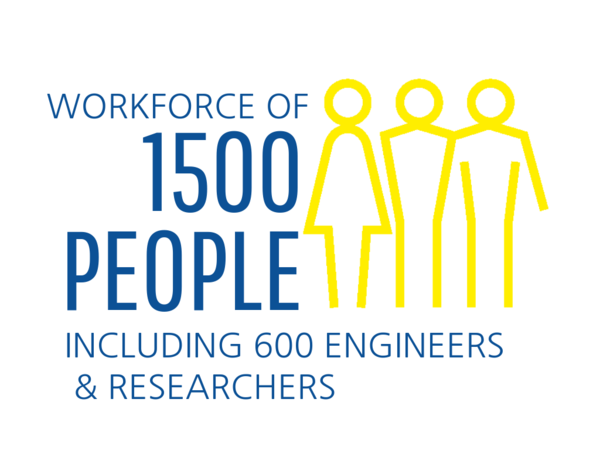
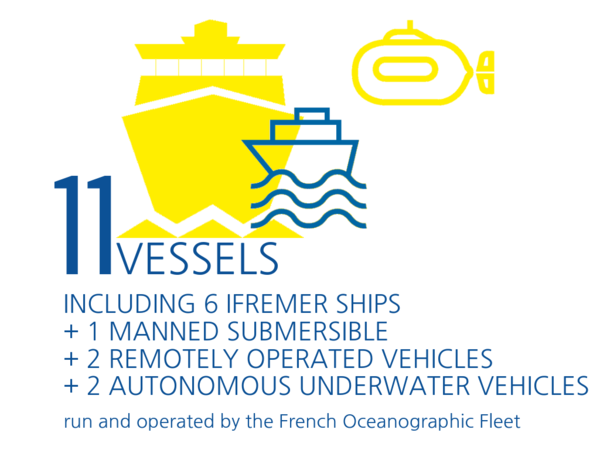
The French Oceanographic Fleet
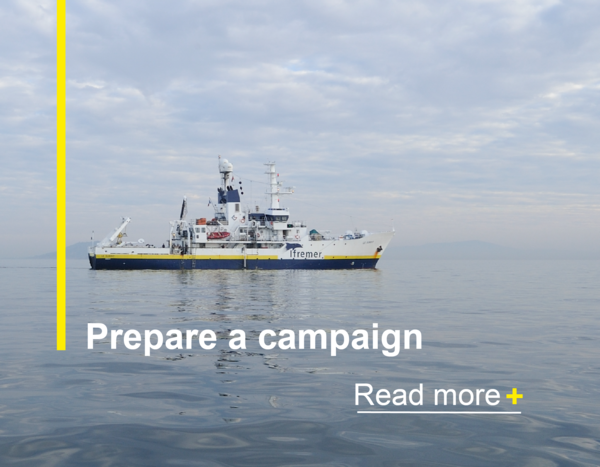
European infrastructures
Latest News

Shellfishes emit CO2, what solutions exist?
In an article published in Reviews in Aquaculture, scientists reveal the idea that shellfish farms capture atmospheric carbon dioxide (CO2), is incorrect. In fact, shellfish emit CO2 as they build their shells. Returning shells to the water after the meat has been consumed, or cultivating algae with the shellfish, are promising ways of reducing CO2 emissions from shellfish farming.

One Ocean Science Congress: scientific foundation for the 3rd United Nations Ocean Conference
The ocean urgently needs decisive, swift, and unified efforts to address its critical condition. This is the challenge facing the global community at the third United Nations Ocean Conference (UNOC3), to be held in Nice from 9 to 13 June 2025. To ensure that the political decisions to be taken are rooted in science, IFREMER and CNRS organize the international scientific congress One Ocean Science bringing together 2,000 experts from all over the world.
Scientists from the Ifremer reveal in the journal Science Advances that, as with most species, the age of oysters influences the survival of their offspring: the older the oysters, the higher the mortality of their larvae.

Exploration of the abysses: a second life for the Nautile
Over the past 40 years, the manned submarine Nautile, one of the flagships of the French oceanographic fleet operated by Ifremer and its armament subsidiary Genavir, has made 2122 dives. With its mission due to come to an end in 2025, the decision has been taken to extend the activity of the only manned scientific submarine in the European Union capable of reaching the deep sea.
Soon a unified scientific platform for coastal ocean observation throughout Europe?
Today, over 670 observation platforms for the coastal environment are spread across Europe, from the Norwegian Sea to the Mediterranean. To harmonize these observation and research capabilities, 39 European scientific partners are working together to build the JERICO transnational research infrastructure. The aim: to observe the coastal ocean from every angle, and to study in greater detail rare or extreme phenomena, such as marine heat waves or storms, and their impacts. From June 17 to 21, they met in Brest to mark the end of the third phase of JERICO's development, with a view to its continued existence by 2030.
Through the Meiodyssea project, scientists from IFREMER, in collaboration with teams from JAMSTEC in Japan, Naturalis Biodiversity Center in the Netherland and Senckenberg Natural History Museum in Germany, are taking on the challenge of describing 125 to 200 new species of meiofauna, small organisms measuring less than a millimeter that nest in sediments, in the 5 oceans. Combining high-resolution 3D imaging and artificial intelligence, this ambitious project, funded by the Sasakawa Peace Foundation, aims to fill our knowledge gap on the diversity, ecology and evolutionary history of invisible marine fauna, to facilitate the conservation of vulnerable marine ecosystems.
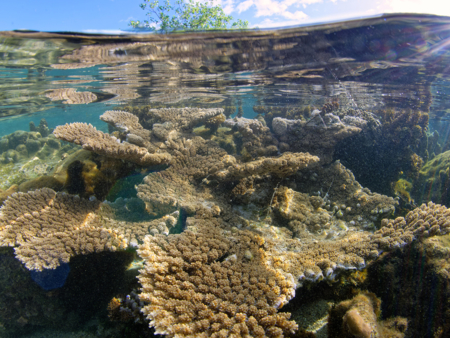
Some species may better tolerate climate change than expected
A new model, developed by Ifremer and Lausanne University researchers and published in the journal Nature Ecology and Evolution, reassesses the proportion of terrestrial and marine species threatened with extinction by climate change. While the forecasts of traditional models estimate that the diversity of terrestrial species in tropical areas could decrease by 54% between now and 2041-2060, this model is more moderate, predicting a decrease of 39%. Nevertheless, this proportion remains alarming and confirms the importance of taking urgent measures to mitigate climate change and its impact on biodiversity.
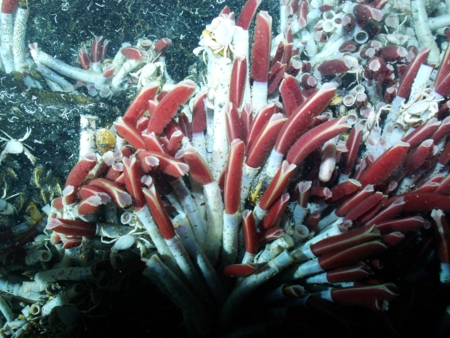
Ocean Census and IFREMER Unite to Advance Marine Life Discovery
The Nippon Foundation-Nekton Ocean Census – a global alliance dedicated to the discovery and protection of marine life – is proud to announce its partnership with French marine research institute, IFREMER. The collaboration will accelerate the pace of discovery through knowledge-sharing activities, joint research, and the transfer of cyber-taxonomy protocols.
